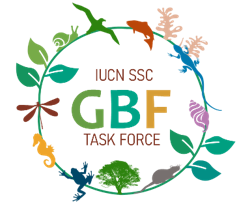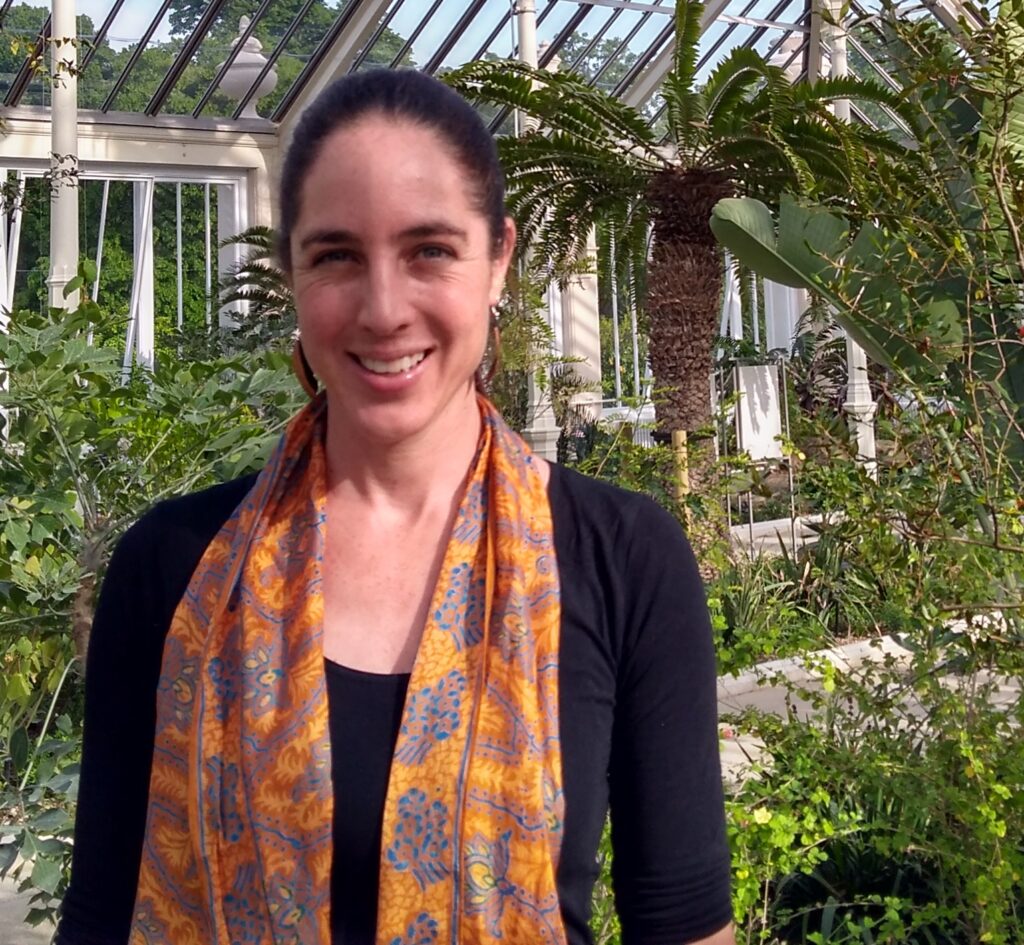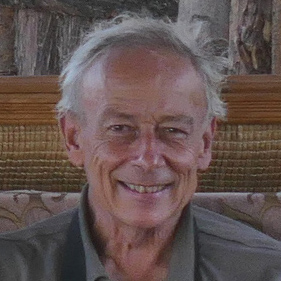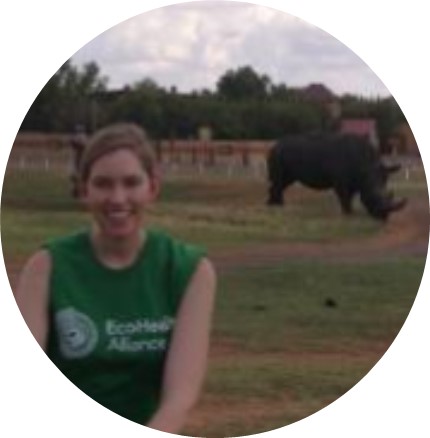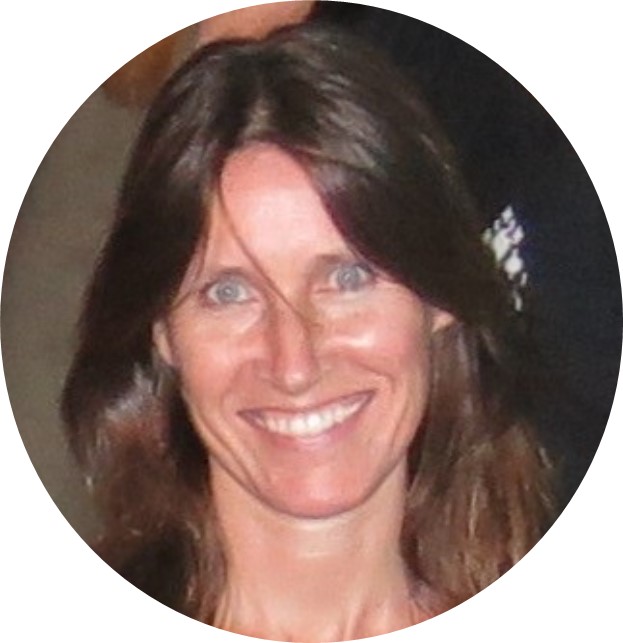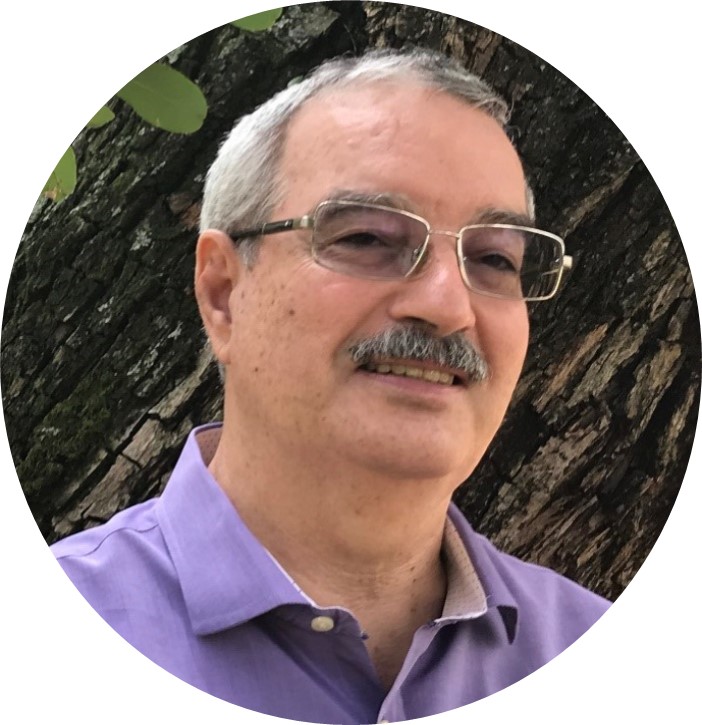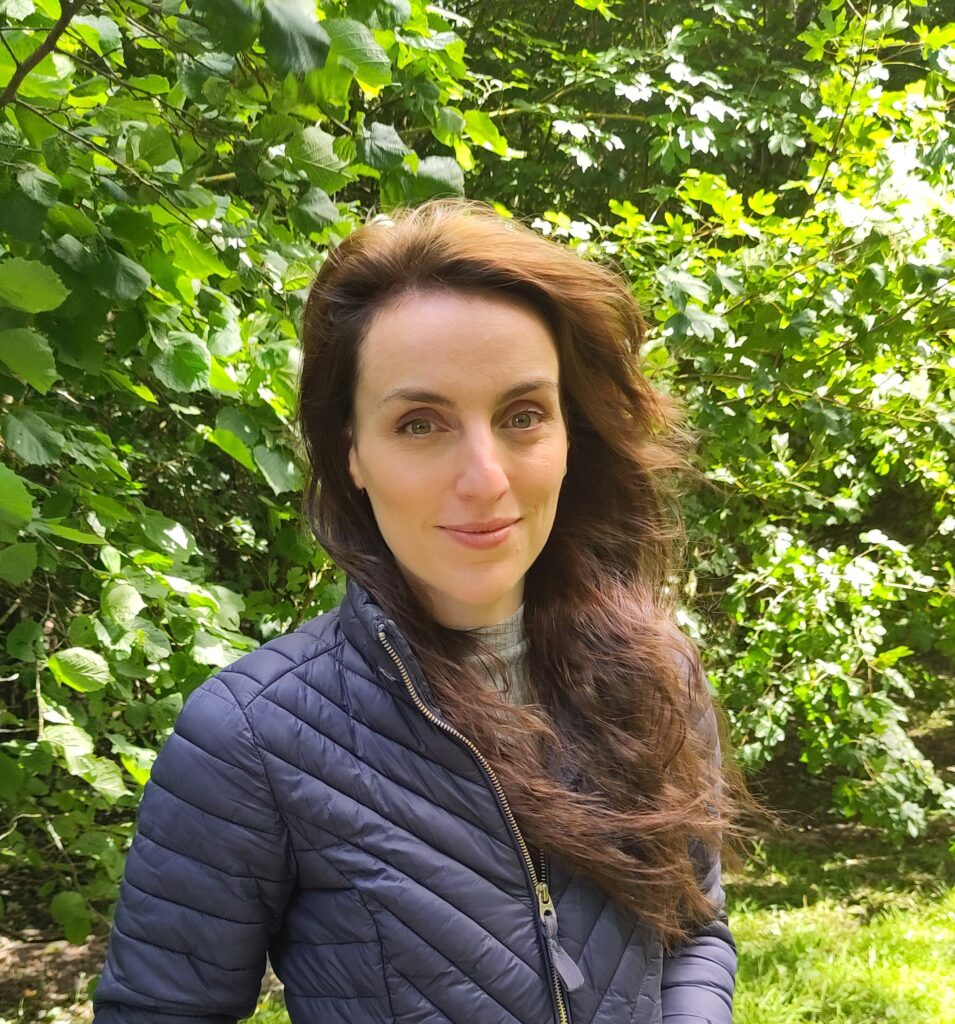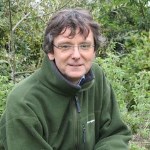Ian Harrison
Freshwater Specialist, Moore Center for Science, Conservation International iharrison[at]conservation.org
Ian obtained his Ph.D. in systematic ichthyology at the University of Bristol, UK. He has conducted research on marine and freshwater fishes from several parts of the world. He is currently the Freshwater Specialist for Conservation International’s Moore Center for Science.
He has served as the Technical Officer for the Freshwater Fish Specialist Group of IUCN’s Species Survival Commission (SSC), is part of the Steering Committee for SSC, and co-chair of the IUCN-SSC Freshwater Conservation Committee. He is Associate Director for the Free-Flowing Rivers Laboratory at Northern Arizona University. He is based in Flagstaff, Arizona.

